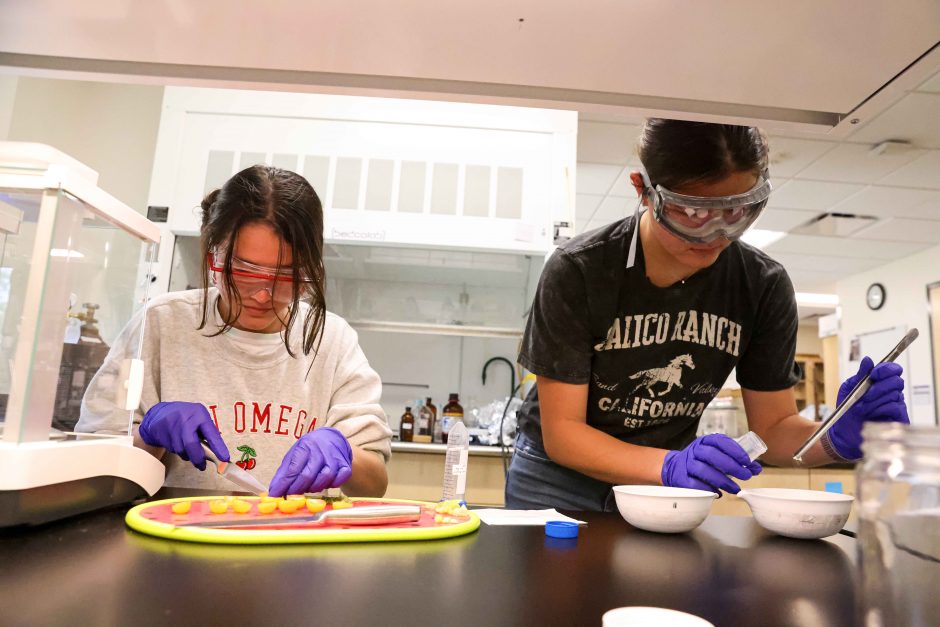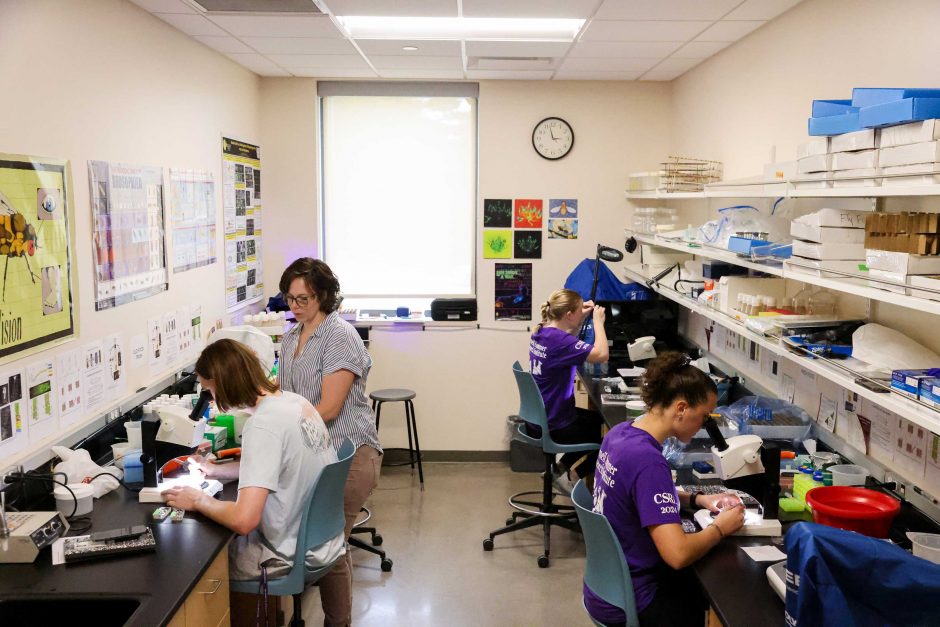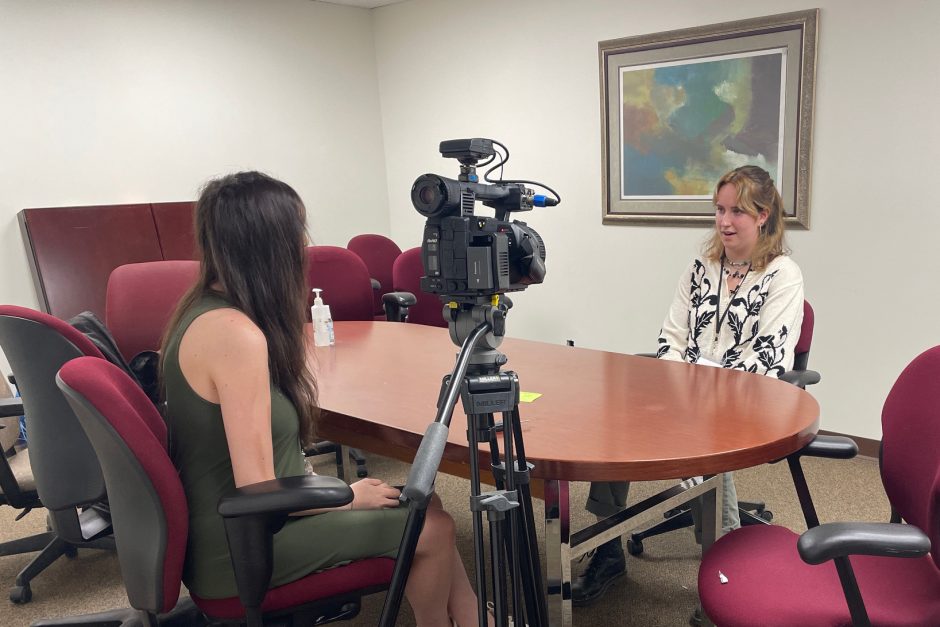Future data scientists provide insights for NHL team
More than 125 undergraduate students recently spent a weekend providing insight into a business analytics problem posed by the Minnesota Wild at the Midwest Undergraduate Data Analytics Competition (MUDAC).
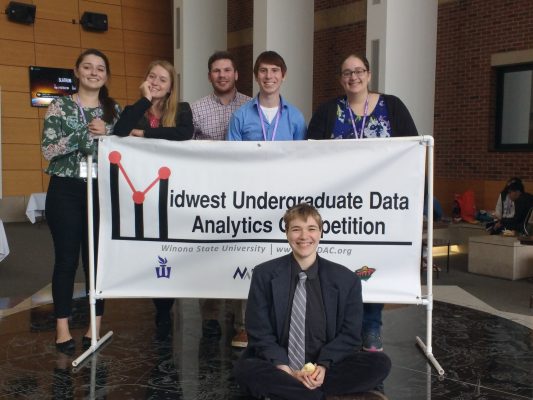
Two teams from Cornell participated including Julia Thome ’18, Gabby Ferro ’18, Angela Aley ’18, Kasper Kittredge ’18, Joey Bloom ’18, and Lenny Bloom ’18. Both teams finished in the top 10 of 32 teams. The team with Thome, Ferro, and Aley also won the Most Accurate Prediction award with a $250 prize.
The teams were presented with a dataset containing information about season ticket holders of the Minnesota Wild. Their task was to use the raw data to come up with a model that could most accurately predict the outcome of interest.
“The overall goal of the analysis was to maximize the renewal rate of these season ticket holders,” Thome said. “This meant hours of cleaning the data, making subjective decisions about missing values, understanding what each variable in the dataset was telling us, deciding on which techniques or algorithms to use, and finally, deciding on an overall model that was accurate, informative, and easily understood by the Minnesota Wild and the business world overall. When our model was used to predict the outcome variable of interest on new data, it did the best job, and was, therefore, the most accurate.”
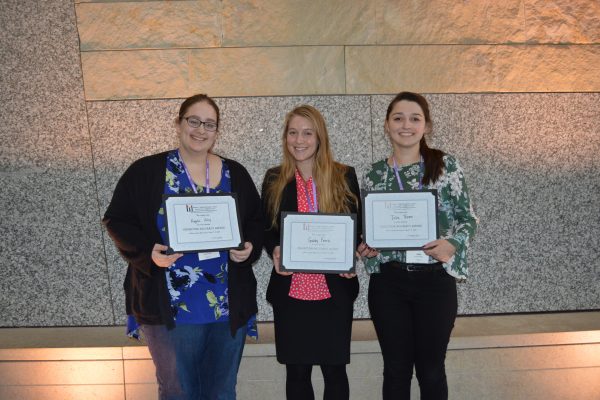
The competition, hosted by the Department of Mathematics and Statistics at Winona State University in Minnesota, brought together competition participants, their advisors, and several working professionals for the two-day event. Twenty colleges and universities participated and the event included a panel discussion on professional development and a job and internship fair for participants.
The Minnesota Wild received all solutions immediately following the competition.
“We’ll have to wait and see if the Minnesota Wild implements any of the proposed solutions, said Chris Malone, director of MUDAC. “Often, what is most useful to the data sponsor is the diversity and robustness of the proposed solutions.”
MUDAC 2019 will be hosted by Mankato State University on March 30-31, 2019.

